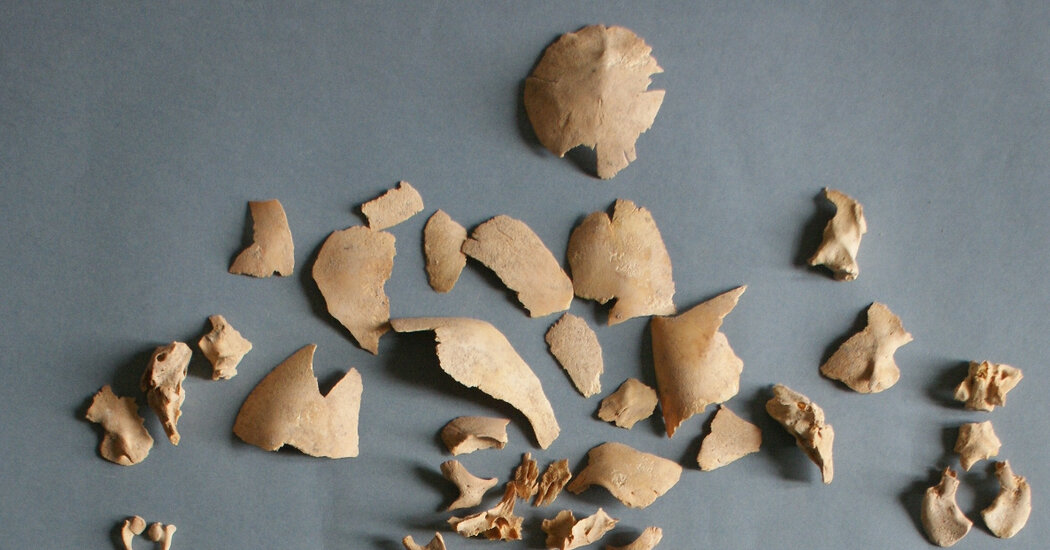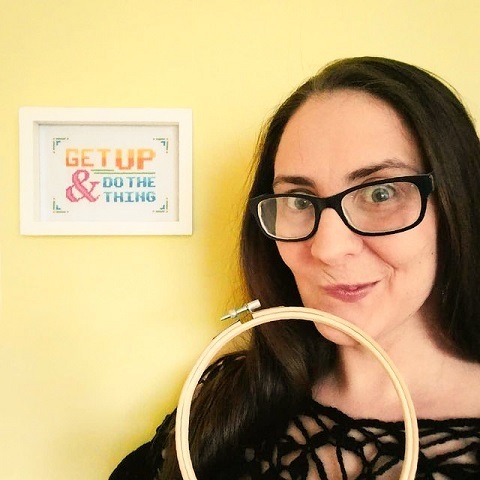The discovery may help shed light on how prehistoric societies treated children with rare conditions.
Scientists have diagnosed Down syndrome from DNA in the ancient bones of seven infants, one as old as 5,500 years. Their method, published in the journal Nature Communications, may help researchers learn more about how prehistoric societies treated people with Down syndrome and other rare conditions.
Down syndrome, which occurs in 1 in 700 babies today, is caused by an extra copy of chromosome 21. The extra chromosome makes extra proteins, which can cause a host of changes, including heart defects and learning disabilities.
Scientists have struggled to work out the history of the condition. Today, older mothers are most likely to have a child with the condition. In the past, however, women would have been more likely to die young, which might have made Down syndrome rarer, and the children born with it would have been less likely to survive without the heart surgery and other treatments that extend their lives today.
Archaeologists can identify some rare conditions, such as dwarfism, from bones alone. But Down syndrome — also known as trisomy 21 — is a remarkably variable condition.
technically Trisomy 21 is the most common cause of Down syndrome. It is not actually synonymous, as some people with Down syndrome do not have Trisomy 21.
Well, Down Syndrome is always caused by a 3rd copy of chromosome 21. Sometimes it’s translocated, attached to another chromosome, but the extra DNA is still there. A mosaic, where some cells have the trisomy and some don’t, can also result in Down Syndrome, but again, it’s caused by the extra DNA in those cells that have it. There are other conditions caused by trisomies of chromosome 13 or 18, or of the sex chromosomes, but those aren’t Down Syndrome.
I recall trisomy 21 being the variant with the highest survivability.
Definitely. Aside from sex chromosome trisomies which often have such little impact that they may go entirely undiagnosed, trisomy 21 is by far the least severe. Trisomy 13 and 18 are usually unviable pregnancies, and when they do survive until birth, they’re severely disabled and often don’t survive to their first year of life.
Translocation is not referred to as Trisomy 21
Correct, which is why I didn’t use the word “trisomy” when referring to the translocation case. My point is that, even in that situation, the condition is caused by the presence of the translocated piece of chromosome 21 in addition to 2 normal copies. It’s not referred to as a trisomy, as many times only part of the entire chromosome is translocated, but the functional cause of the condition is the same. So, when writing a paper for the general population, it’s not a stretch to call Down Syndrome and Trisomy 21 synonymous.
It’s kind of staggering to think about how poorly people with Downs were treated just 100 years ago and then contemplate how truly awful it must’ve been in ancient times
Member of my extended family had it. His mother, immediately after he was born, was advised to go for whatever the legal process is for abandoning a child to care instead. She did not take this option, and the doctors told her she was making a big mistake. That would’ve been in the early 60s.
He only lived into his forties but he was a wonderful person, creative and warm and loving, with pretty much his only failure being an overwhelming obsession with the music of Robbie Williams. Came to live with us after his mam was gone and essentially became my big brother.
At his funeral, people literally lined the streets all along the route because there were way too many to fit into the actual venue.
This story doesn’t have much to do with anything but I just like remembering him, so there you go.
Isnt it Down’s Syndrome?
Down syndrome or Down’s syndrome,
So yes, thanks.
come on get up get down with the syndrome
It would be more surprising if they found bones with evidence of Up Syndrome.
Is that when you’re missing a chromosome? I don’t think that usually turns out too well.







